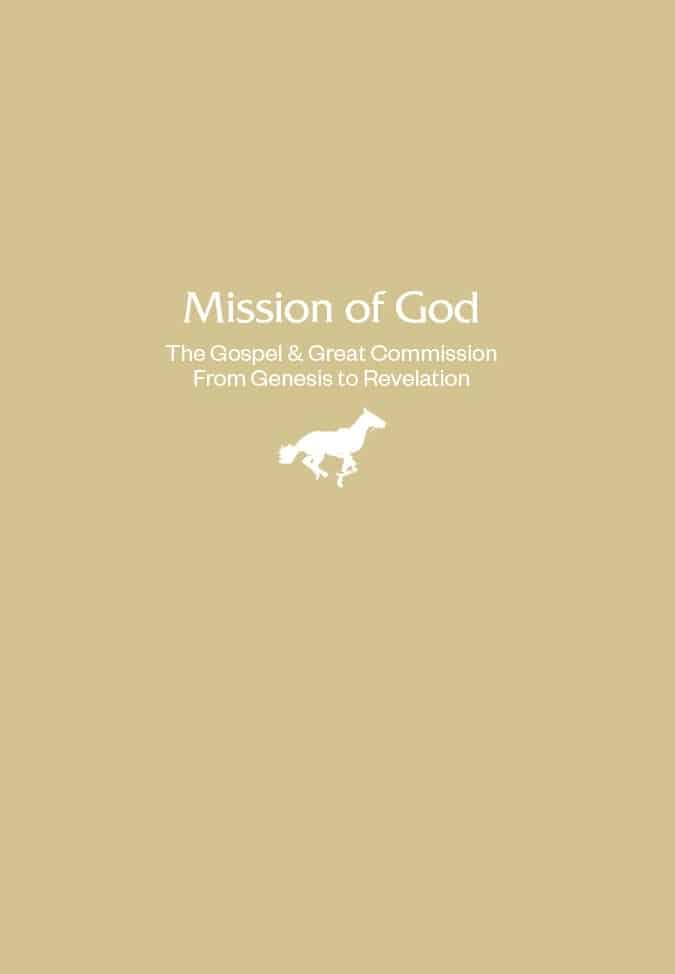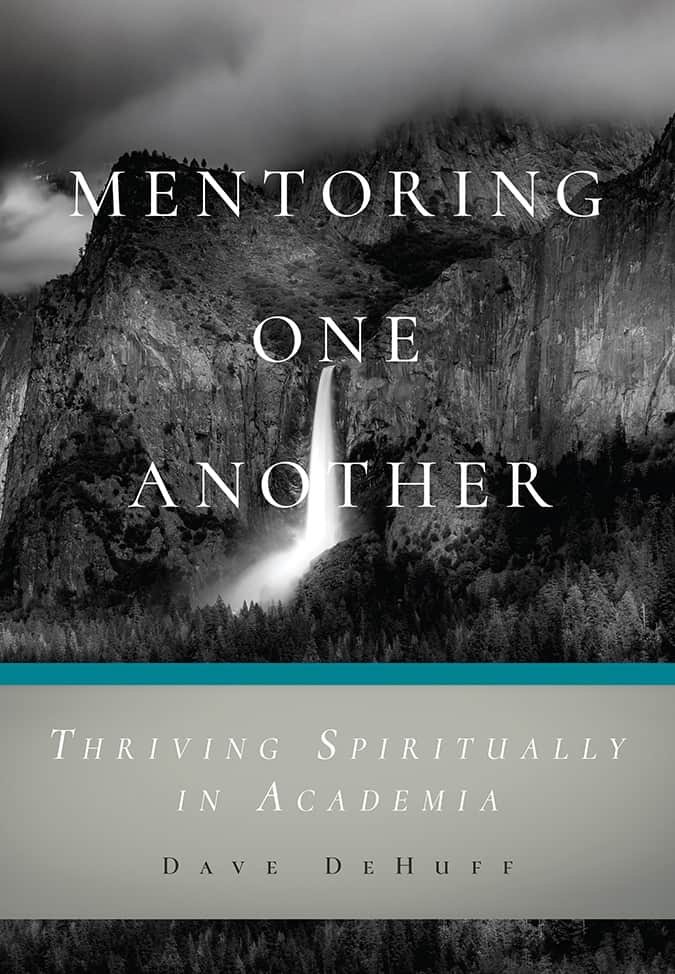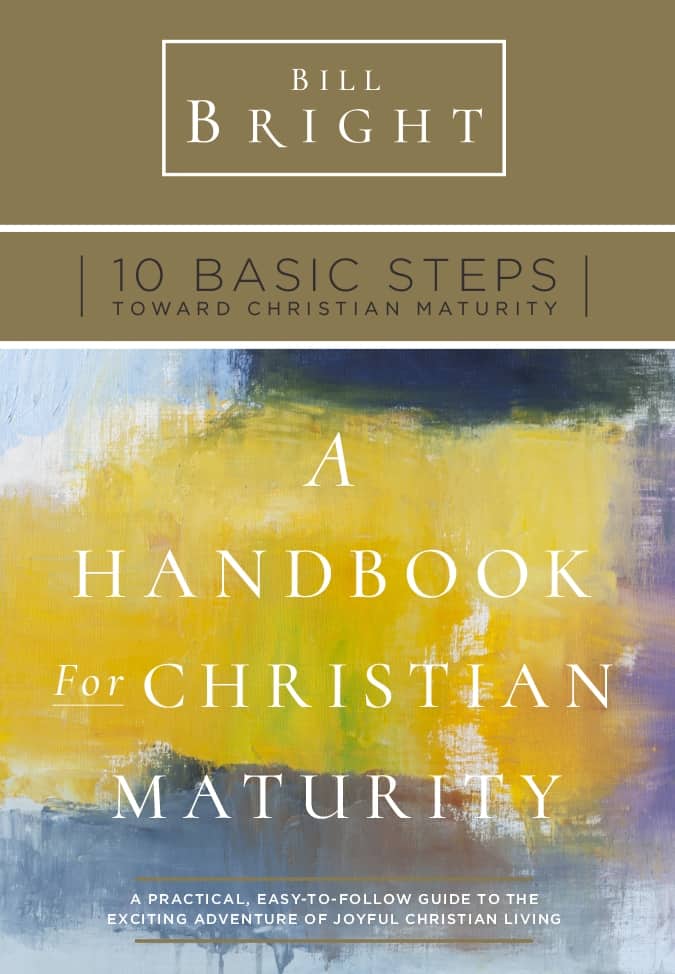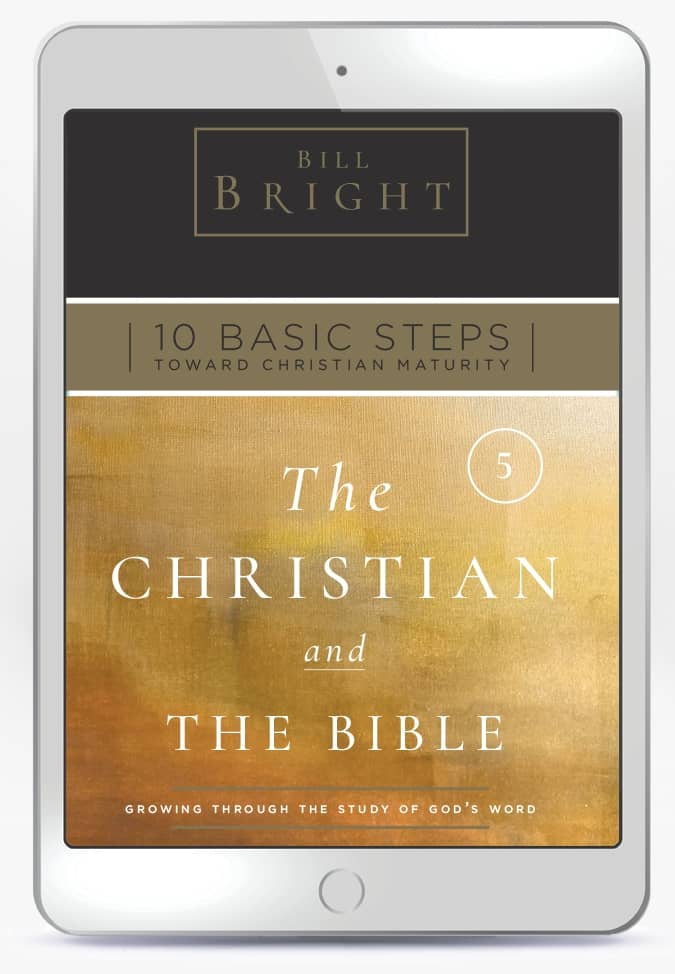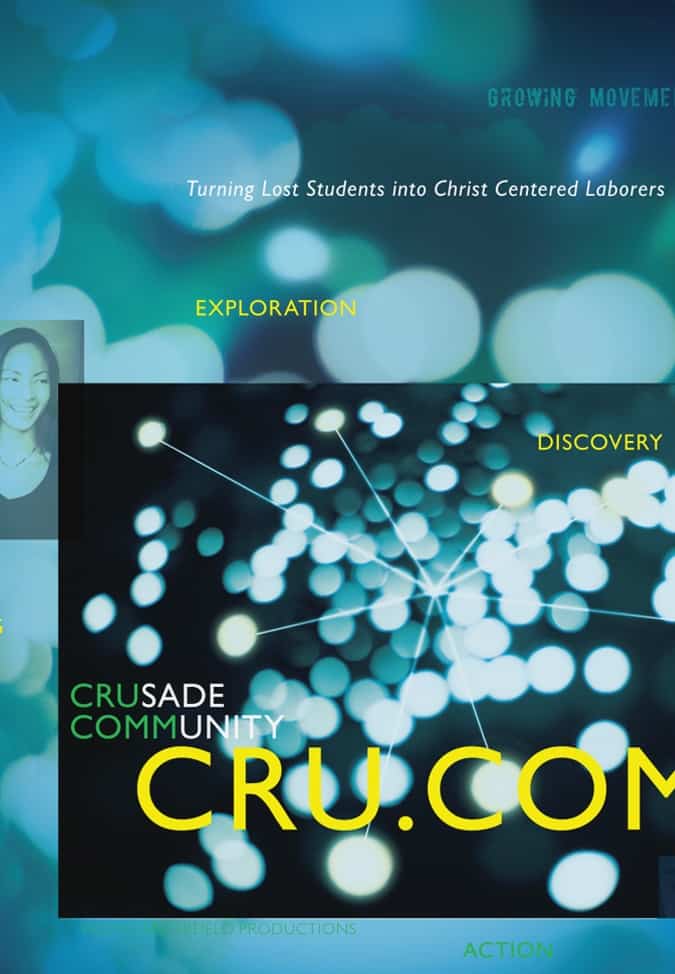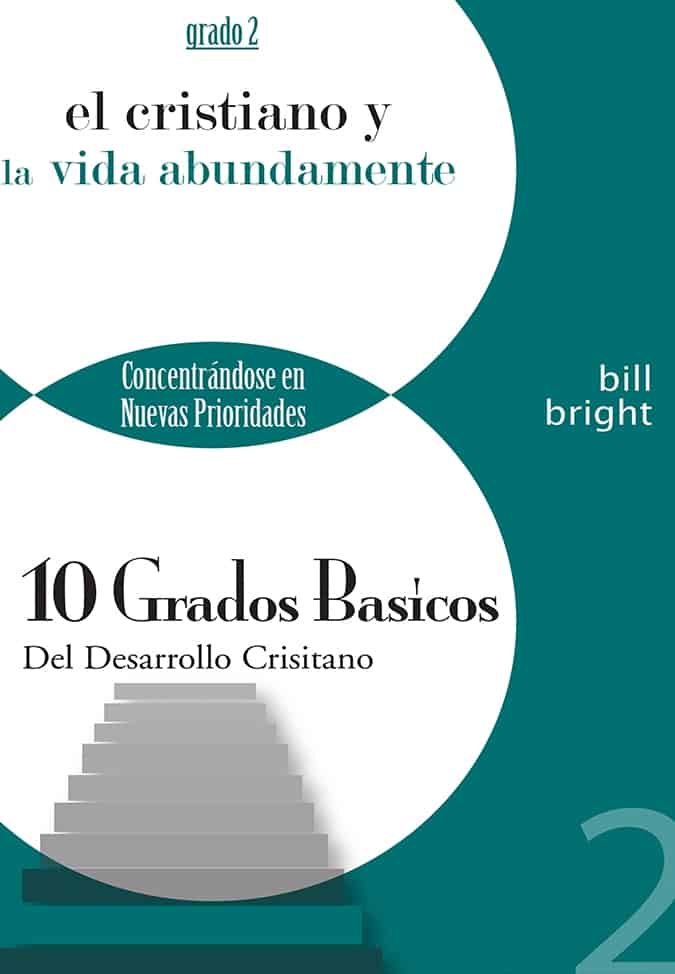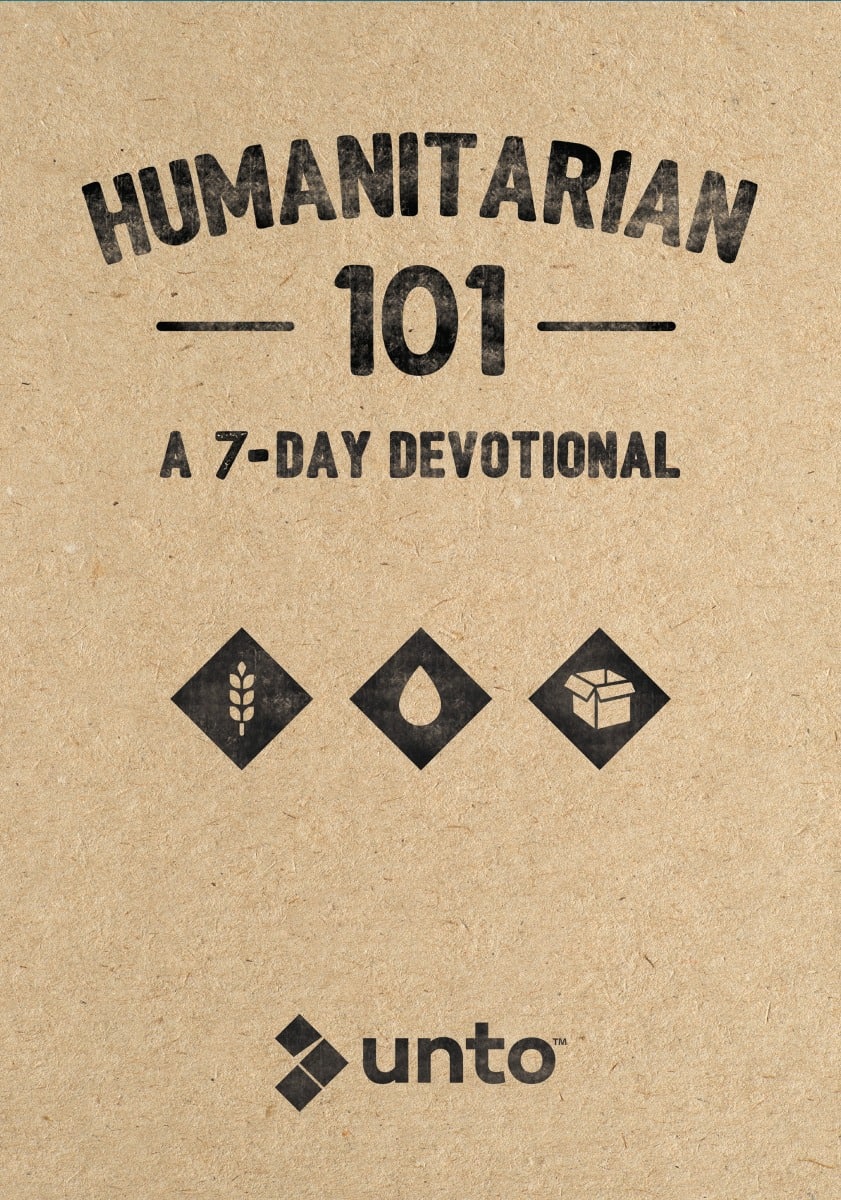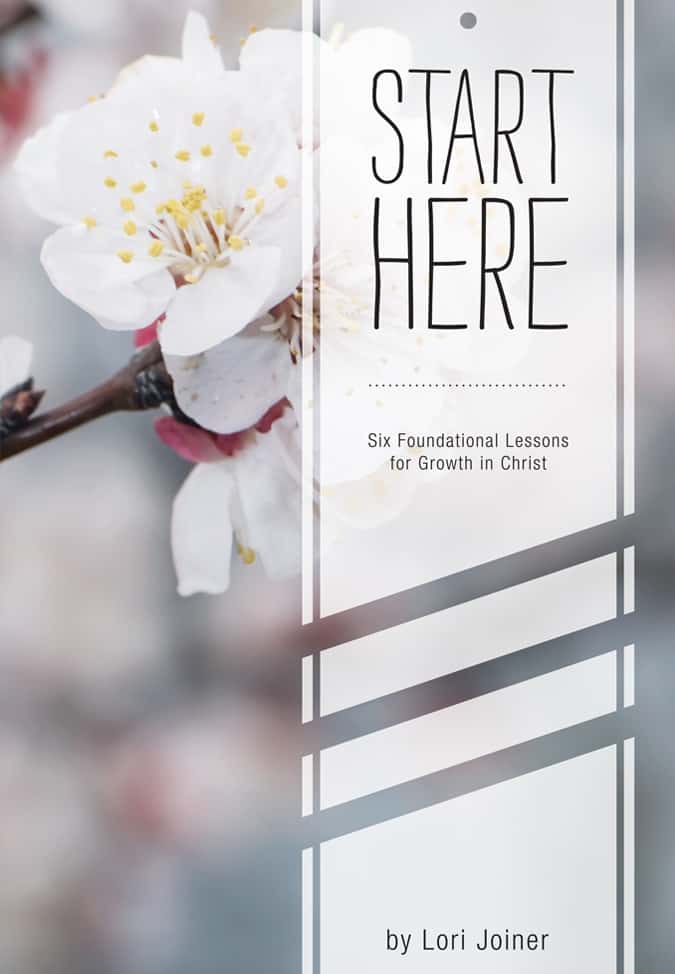All – Leader's Guide

GOD IS ALL-POWERFUL, EVER PRESENT, AND EVERYWHERE
The BIG IDEA:
God is all-powerful, ever present, and everywhere.
The PROBLEM:
God designed us to depend on him. If we don’t believe that God is all powerful, all knowing, and ever-present, it will be difficult to trust him with our lives. Our lack of trust will cause us to have low expectations of God and undermine any security that we feel because of him. We will become self-sufficient and inward focused, missing opportunities to step out in faith.
Our RESPONSE:
As we better understand that God is all powerful, ever- present, and everywhere, we will begin to trust Him more. We will be able to step into difficult situations and take bold steps of faith because we know we are serving an all powerful God who can do anything.
PASSAGE:
Psalm 139:1-18, Jeremiah 32:17
The IMAGE:
God created everything. All of space, all the stars, planets, and everything. He created it all, knows everything about it all, has all power over all of it, and is everywhere in it at the same time. He’s pretty amazing like that.
Learning Objectives
What I want the group to know and understand:
God is a big God who knows everything, is everywhere, and is all powerful.
What I want the group to experience:
Our faith in God will grow as we realize how big and powerful God really is.
How I want the group to respond:
With a sense of comfort that this God knows everything about them and still loves them completely. With that foundation, we can begin to be more bold with loving others and sharing our faith, as we believe that the all- powerful God is going before us.
Launch
Who would you say knows you the best?
What are some things they don’t know about you?
As humans, we are limited in how much we can really know someone. Today we are going to talk about how God is different because he is...
- All Knowing
- All Present (everywhere)
- All Powerful
Explore
1. Read Psalm 139:1-6. According to these verses, what does God know about you?
Allow the group to discuss. God knows everything about you. He knows when you sit down or stand up. He knows your thoughts. He knows where you are. He knows everything you do and what you’re going to say.
2. Is it a good thing or a bad thing to you that God knows everything? Why?
Allow group to discuss. You will probably get answers that go both ways. If they comment that it is bad because they are doing bad things, discuss how it is really good because God can turn that around and forgive.
3. Read Psalm 139:7-12. According to these verses, where is God?
Allow the group to discuss. Everywhere, Heaven, the grave, the morning, the farthest oceans, in the darkness, in the light.
4. Read Psalm 139:13-18 and Jeremiah 32:17. What do these verses say about God’s power?
Allow the group to discuss. He created humans and we are very complex. He created the heavens and nothing is too hard for him.
5. What do verses 17-18 say about how God feels about you?
He thinks about me so much I can’t even count it. He is waiting for me when I wake up. He is with me all the time.
6. What would your life be like if God wasn’t all- powerful, all-knowing, or everywhere?
Allow the group to discuss. Life would be more full of fear because we wouldn’t have a loving God who knows everything, is all-powerful, and always with us. Have your students spend some time thinking and talking about this one.
Apply
7. How can knowing these three things about God help you to be more bold in talking about God with others and loving others?
Allow the group to discuss. If I genuinely believe that God is all powerful, I can step out in faith more boldly because I can know that He will go with me. He can change hearts that I have no hope of changing. If he knows everything, I can trust that he isn’t surprised by things that happen. If I know that he is everywhere, I can be comforted because I am never alone.
8. Sometimes we feel the need to be all-powerful (never run out of energy), all-knowing (always be “in- the-know”), and everywhere (never miss out on anything). How can this create problems for us and others? What difference does it make when we let God be God in these ways?
Allow the group to discuss.
- What are some problems people have?
- What are some problems in your life that you are personally worried about?
Allow the group to discuss. Leader, this is a way for our students to apply what we learned in this study to real life problems - some of them are their friends’ problems. If they struggle with it, help them make the connections of how these 3 traits of God can meet these specific needs. Try to use their own stories to show them that God can meet them where they are. If appropriate, spend some time praying for those problems.
Find more resources and ideas for teaching this study online at thrivestudies.com/all or cru.org/highschool





